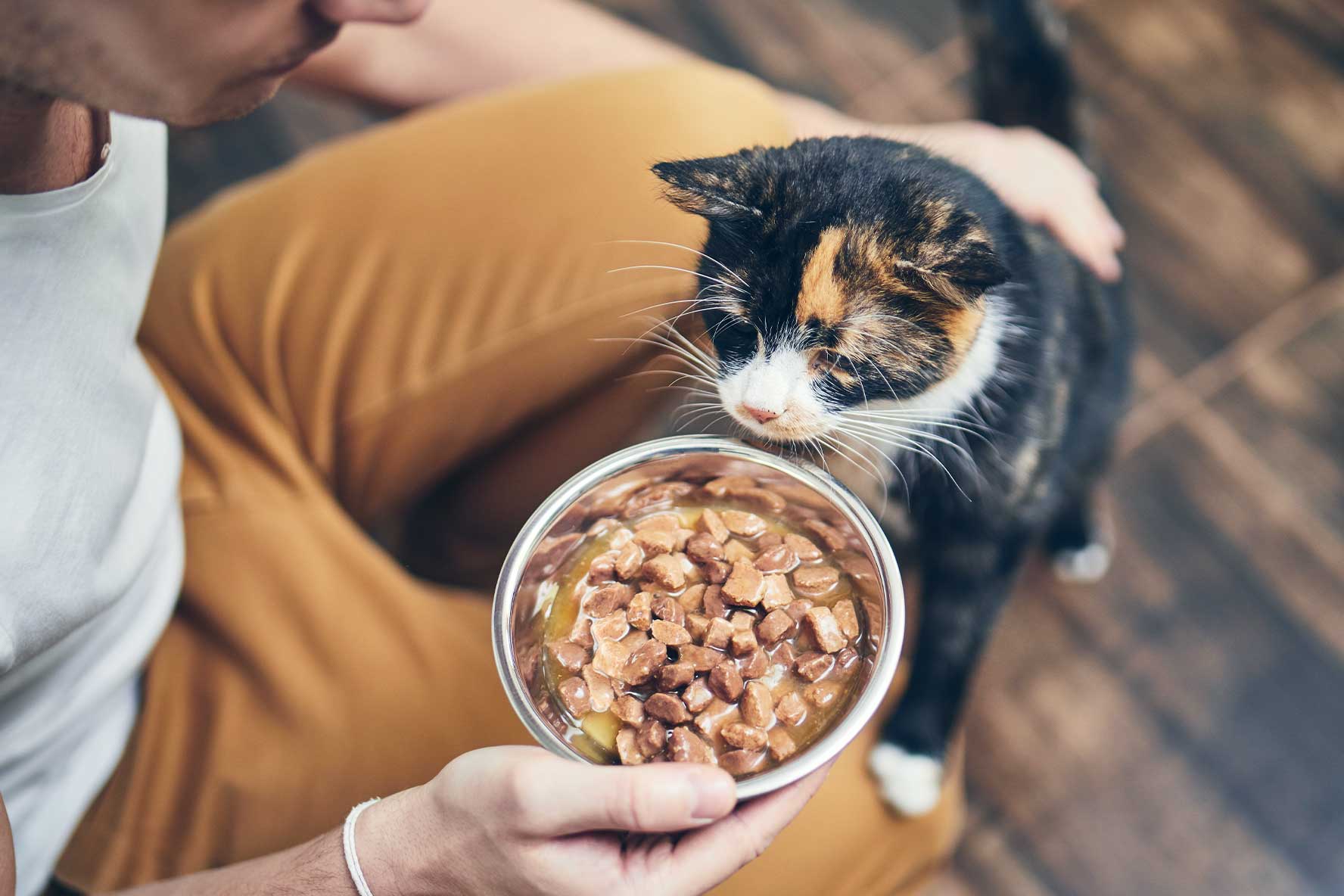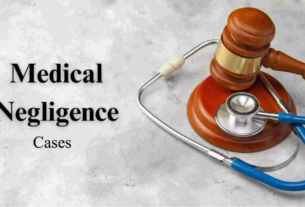Taking care of your cat’s health is more than just food and water; it also making sure their dietary demands are satisfied. Supplements can improve your cat’s condition and meet their specific needs. Knowing the function of supplements will help your cat’s life be much better whether it’s strengthening their immune system, encouraging a beautiful coat, or helping with joint health.
Supplements for Your Cat
Although they may lack some minerals necessary for best health, modern commercial cat meals usually provide basic dietary needs. Whether from age, medical issues, or breed traits, cats with particular needs could profit from focused dietary care. healthy supplemenrs for cats are meant to cover these voids so that your cat not just survives but thrives.
You should know your cat’s particular health profile before adding any additional nutrients. These are some typical places where supplements can be useful:
Mobility and Joint Support: Particularly in breeds prone to arthritis, aging cats may develop stiffness or joint pain. Omega-3 fatty acids assist lower inflammation; supplements such glucosamine and chondroitin can help support joint cartilage.
Condition of Skin and Coat: A silky coat indicates good health rather than only looks. Often obtained from fish oil or flaxseed oil, omega-3 and omega-6 fatty acids are excellent for lowering shedding, controlling dandruff, and maintaining your cat’s coat in best shape.
Gastronomic Integrity: Maintaining a good gut calls for prebiotics and antibiotics. Digestive supplements can assist your cat’s system be better regulated and enhance nutrient absorption if it experiences constipation, diarrhea, or vomiting.
Boosters of Immune System: Immune-boosting vitamins help many sick or surgical recuperating cats. Foods high in colostrum, antioxidants, vitamins C and E can help strengthen their inherent defenses.
Remember the points when choosing supplements to guarantee your cat gets the best:
Search for Credible Brands: Select supplements from reputable companies using premium, natural ingredients. Search for certifications such as the strict quality standards indicated by the National Animal Supplement Council (NASC) seal.
Go over the labels. Thoroughly: Search for extraneous fake additions or fillers. Choose items with obvious active ingredient labels and dosage recommendations.
Track for side effects: Once you start a new supplement, watch your cat for any side effects such changes in behavior or digestive problems. If problems develop stop using it and see your veterinarian.
Popular Categories of Cat Healthy Supplements
Here are some of the most often used categories of supplements you should give thought to your cat friend:
One is fish oil: Packed in omega-3 fatty acids, fish oil is a common choice for enhancing coat condition, lowering inflammation, and supporting brain function.
Antibiotics: These help to balance the gut flora, therefore facilitating digestion and lowering gastrointestinal problems.
Vitamins in several forms: For cats on limited diets, multivitamins help cover dietary deficiencies. Look for ones especially for cats as their dietary requirements differ from those of people.
Strategies for Taking Supplements
Sometimes adding these to your cat’s food can be challenging. This helps to streamline the process:
To disguise taste, mix liquid or powdered vitamins with moist food. Many vitamins appeal to cats more because they taste chicken or tuna, which is their food. To help your cat adjust, start with a low dose then progressively raise to the advised level.
By addressing certain dietary requirements, healthy supplemenrs for cats can improve the quality of life of your pet. From enhancing immunity to supporting joint health, vitamins give your cat companion focused help to enable her to flourish. Still, it’s important to pick the correct products and see your veterinarian for specific guidance. Your cat will have a longer, better, and happier life if you take correct care and provide the correct vitamins.
Keep an eye for more latest news & updates on Bangkok Tribune!



